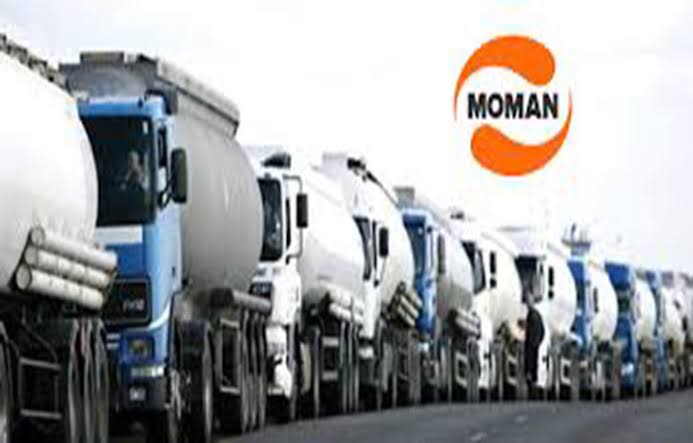Amidst the ongoing fuel scarcity in Nigeria, more than 9,000 oil marketers are facing the threat of losing their operating licences.
The Independent Petroleum Marketers Association of Nigeria (IPMAN) has called on the Nigerian National Petroleum Company Limited (NNPCL) to extend the final deadline for licensing renewal to July. They also appealed to the Nigerian Midstream and Downstream Regulatory Authority (NMDPRA) to release 9,000 already processed licences to its members.
In a release signed by the National Public Relations Officer, Chief Chinedu Ukadike, IPMAN expressed concerns about the slow pace of licence renewals by the NMDPRA, which has caused panic buying among the public.
The NNPCL had set a deadline of April 15, 2024, for marketers to renew their licences or risk closure to access their customer express portals for purchasing petroleum products from NNPC Retail Limited. However, IPMAN requested an extension, citing the need for marketers to reconcile their licences.
According to Ukadike, “The release is to appeal to the NNPCL and NMPDRA to please extend the final deadline to July so that it would enable them to reconcile the licences so that they will not be unduly shut out off the portal and that is IPMAN’s appeal.”
Efforts to reach the Special Adviser, Media and Publicity to the Lagos State Governor, Gboyega Akosile, for confirmation proved abortive as messages sent to his WhatsApp line were not responded to.
Responding to the plea of the marketers, Ayo Cardoso, the NMDPRA South-West Regional Coordinator, stated that the authority would consider the request and act accordingly.
Amidst the ongoing fuel crisis, IPMAN had earlier threatened to shut down the 30,000 stations operated by its members nationwide if the Federal Government failed to pay the N200bn owed to marketers. The association cited the NMDPRA’s refusal to clear the debt, which has been accumulating since September 2022.
Meanwhile, fuel scarcity continues to persist across the country, with commercial drivers in Abeokuta and other cities resorting to keeping vigil at fuel stations. Despite promises from the government to ease the situation, petrol remains scarce, leading to increased transport fares and reliance on black market sales.
At filling stations, petrol is being sold at exorbitant rates, with black marketeers taking advantage of the scarcity to sell fuel at inflated prices. Concerns are rising among Nigerians about the potential economic impacts of the ongoing fuel crisis.






